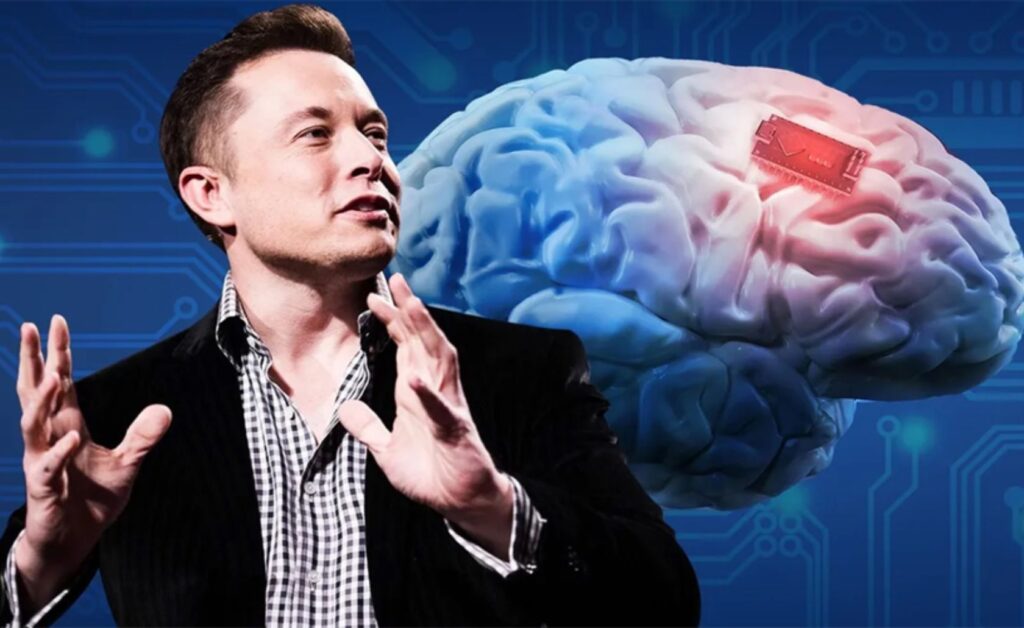
Elon Musk, the creative entrepreneur behind SpaceX, Tesla, and X, has revealed that he has successfully implanted a chip in a human brain for the first time through his brain-computer interface firm, Neuralink. Musk claims that the unidentified patient is making a full recovery and is exhibiting encouraging evidence of neuron spike detection.
Neuralink has made significant progress toward establishing a wireless connection between the human brain and a computer, enabling users to operate gadgets, retrieve data, and converse only through mental imagery. The company’s initial product, Telepathy, is intended to help those with ALS or spinal cord injuries who have lost limb function regain some degree of independence and improve their quality of life.
Neuralink’s goal, though, goes beyond just regaining functionality. By enabling users to access a massive quantity of data and information and harnessing the power of Artificial intelligence (AI), the firm also intends to improve human capacities and intellect. As per Musk’s statement, Neuralink aims to accomplish “symbiosis with AI” and assist mankind in keeping up with the fast progress of technology.
Neuralink’s technique is based on the “Link” chip, which is implanted in the brain by a surgical robot. The chip has thousands of electrodes capable of recording and stimulating brain activity and communicating with a wearable gadget linked to a smartphone app. The software allows the user to handle the chip’s settings and operations while monitoring their brain health and performance.
The Prime study, Neuralink’s first human trial, is a small-scale exploratory research that will assess the safety and practicality of the Link implant and the surgical robot. The study will also look at the brain-computer interface’s usefulness and accuracy, as well as its capacity to allow users to operate a computer cursor or keyboard with their thoughts.
The Prime research is merely the start of Neuralink’s journey; there will be more hurdles and uncertainties ahead. The corporation must demonstrate the long-term safety and reliability of its implant, as well as its compatibility with various brain areas and activities. The corporation will also have to consider the ethical and societal implications of its technology, such as privacy, consent, and regulation.
Neuralink’s first human brain chip is an incredible feat with far-reaching implications for humanity’s future. It may offer up new avenues for communication, education, entertainment, and creativity. It may also prompt fresh concerns and challenges regarding the nature and limits of human intellect, identity, and agency. Neuralink’s technology has the potential to transform the planet, as well as ourselves.


